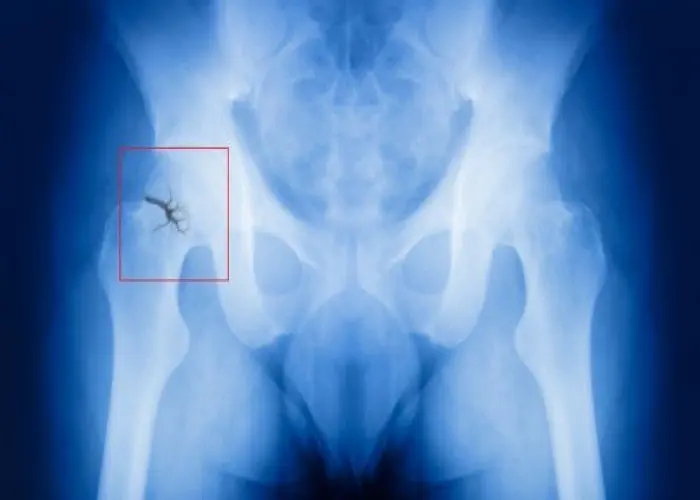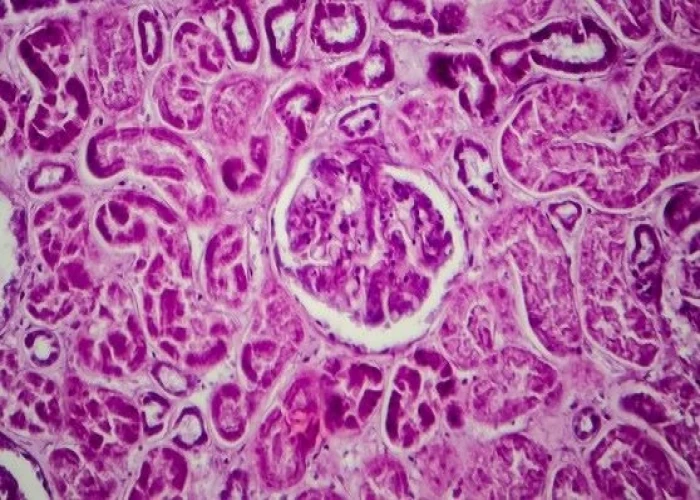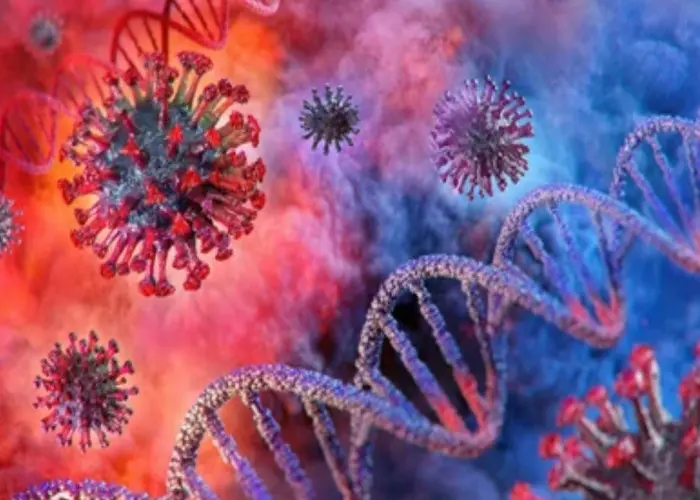 Welcome
Welcome
“May all be happy, may all be healed, may all be at peace and may no one ever suffer."
Adjustment disorders

Adjustment disorders are a group of mental health conditions that occur in response to a significant life event or stressor. They are characterized by symptoms such as emotional distress, changes in behavior, and difficulty functioning in daily life.
Some common examples of events or stressors that can trigger an adjustment disorder include:
- A major change in one's life, such as a move, divorce, or the death of a loved one
- A traumatic event, such as a natural disaster, a serious accident, or a crime
- A significant loss, such as the loss of a job, a breakup, or the loss of a pet
- A medical condition or illness, especially one that is serious or life-threatening
- Starting or ending a new job or school
The symptoms of an adjustment disorder can vary from person to person, but may include:
- Depression, sadness, or tearfulness
- Anxiety or worry
- Irritability, anger, or aggression
- Difficulty sleeping or concentrating
- Changes in appetite or weight
- Fatigue or low energy
- Substance abuse or other harmful behaviors
Treatment for an adjustment disorder typically involves talking with a mental health professional and receiving counseling or therapy. In some cases, medication may also be recommended to help manage symptoms, such as anxiety or depression.
It's important to seek help if you're experiencing symptoms of an adjustment disorder. With proper treatment, most people are able to recover and move on from the event or stressor that triggered their symptoms. In some cases, adjustment disorders can be a precursor to a more serious mental health condition, so prompt treatment is important.
Research Papers
Disease Signs and Symptoms
- Feeling hopeless, worthless or guilty
- Avoiding important things such as going to work or paying bills
- Withdrawing from social contact and wanting to be left alone
- Difficulty functioning in daily activities
- Difficulty concentrating
- Loss of appetite
- Sleep terrors (night terrors)
- Worrying or feeling anxious, nervous, jittery or stressed out
- Frequent crying
- Suicidal tendencies
Disease Causes
Adjustment disorders
Adjustment disorders are caused by significant changes or stressors in your life. Genetics, your life experiences, and your temperament may increase your likelihood of developing an adjustment disorder.
Disease Prevents
Adjustment disorders
There are no guaranteed ways to prevent adjustment disorders. But developing healthy coping skills and learning to be resilient may help you during times of high stress.
If you know that a stressful situation is coming up — such as a move or retirement — call on your inner strength, increase your healthy habits and rally your social supports in advance. Remind yourself that this is usually time-limited and that you can get through it. Also consider checking in with your doctor or mental health professional to review healthy ways to manage your stress.
Disease Treatments
Many people with adjustment disorders find treatment helpful, and they often need only brief treatment. Others, including those with persistent adjustment disorders or ongoing stressors, may benefit from longer treatment. Treatments for adjustment disorders include psychotherapy, medications or both.
Psychotherapy
Psychotherapy, also called talk therapy, is the main treatment for adjustment disorders. This can be provided as individual, group or family therapy. Therapy can:
- Provide emotional support
- Help you get back to your normal routine
- Help you learn why the stressful event affected you so much
- Help you learn stress-management and coping skills to deal with stressful events
Medications
Medications such as antidepressants and anti-anxiety drugs may be added to help with symptoms of depression and anxiety.
As with therapy, you may need medications only for a few months, but don't stop taking any medication without talking with your doctor first. If stopped suddenly, some medications, such as certain antidepressants, may cause withdrawal-like symptoms.
Disease Diagnoses
Disease Allopathic Generics
Disease Ayurvedic Generics
Disease Homeopathic Generics
Disease yoga
Adjustment disorders and Learn More about Diseases

Kleptomania

Hip fracture

Spinal arteriovenous malformation (AVM)

Lupus nephritis

Coronavirus disease 2019 (COVID-19)

Broken nose

Intracranial hematoma

Bird flu (avian influenza)
Adjustment disorders, Adjustment disorder dsm 5, এডজাস্টমেন্ট ব্যাধি
To be happy, beautiful, healthy, wealthy, hale and long-lived stay with DM3S.
